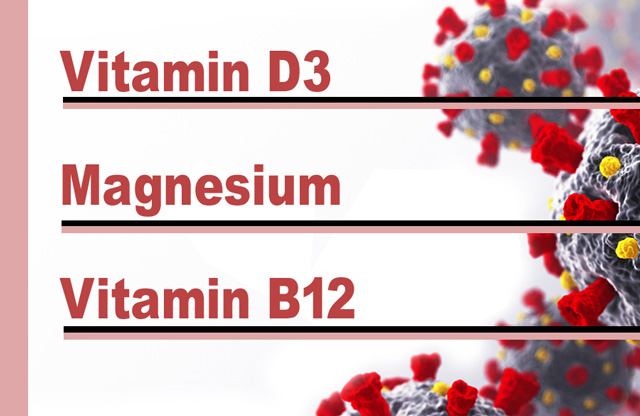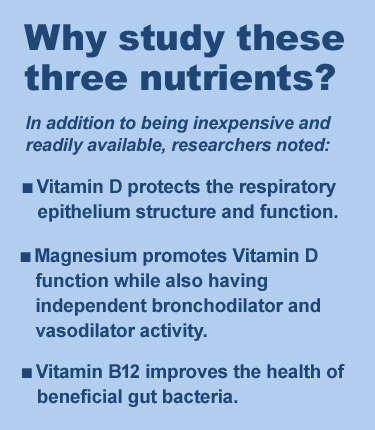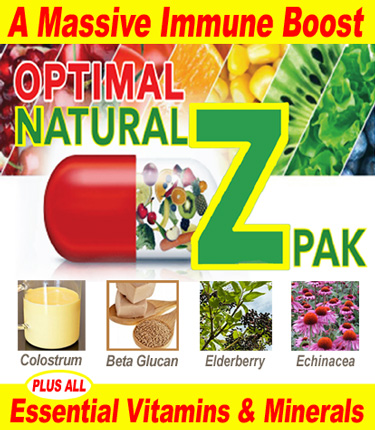Medical researchers from Singapore General Hospital recently published a “preprint study” that shows how a combination of nutritional supplements can reduce the progression of COVID-19 into the severe or fatal stages.
The supplements used in the research included Vitamin D3, the mineral magnesium, and Vitamin B12.
The supplement protocol was dubbed “DMB,” and was found to be especially beneficial for older patients.
A “preprint study” is a study that has not yet been subject to peer review—meaning the research is very preliminary.
The research was led by Professor Dr Heng Joo Ng from the Department of Hematology at Singapore General Hospital, and was published on the preprint publishing platform MedRxIV.org in June.
The researchers noted that the present hypothesis on the pathogenesis of COVID-19 is that hyperinflammation plays a crucial role in patient outcomes.
This means that direct viral injury is not the only issue when it comes to organ dysfunction related to COVID-19. It may not even me the major issue. Rather, it is the result of the organ toxicity caused by the unregulated release of pro-inflammatory cytokines in response to the immune induction by the virus.
For this reason rapid immune building is an attractive option in the treatment of COVID-19 as it may prevent the patient from progressing to severe or critical stages.
In medical terminology, building or regulating the immune system is known as immunomodulation.
In western countries the primary tools for aiding the immune system in a medical setting are pharmaceutical drugs. In Asian countries, however, traditional herbal medicines, vitamins and minerals are often the first choice.
For this reason, the research on non-pharmaceutical options for treating COVID-19 are originating from Asian countries.
The Singaporean study was an observational cohort study of a consecutive series of hospitalized COVID-19 patients.
The patients/test subjects were aged 50 years and above and were given the DMB protocol.
The rate of progression of the disease in the patients was then tracked and compared to the progression in another cohort of patients who were not given the protocol.
The medical researchers aimed at testing the effect of a short course of supplementation on patients who were not yet in the severe or critical phase of the illness. In short, researchers aimed to see if DMB would mitigate poor patient outcomes.
The results clearly favored the DMB group, with the DMB patients requiring shorter hospital stays, less need for supplemental oxygen, and lower rates of ICU admission.
Though preliminary, the researcher noted the results are especially promising for low-and-middle income countries where therapeutic pharmaceutical drugs may be too costly for the average patient. Nutritional supplements are extremely cheap in comparison.
According to the researchers, limitations of the study include the small sample size and the absence of biologic assays to support the clinical improvement in the study cohort. However, the team concluded: “It is a proof-of-principle effort with very promising results. The research findings would need to be further validated in a well-designed randomized clinical study.”
Besides vitamins and minerals, many other nutrients have been studied for their immune-boosting properties. This long list includes probiotics, colostrum, beta glucan, elderberry, echinacea, resveratrol, cortisol and more. You can find all these nutrients in the Natural Z-Pak from Optimal Health Systems.
The Natural Z-Pak includes 50 different nutrients designed to work synergistically to give your immune systems a massive boost.
– – –
View study details at: MedRxIV.org here.



